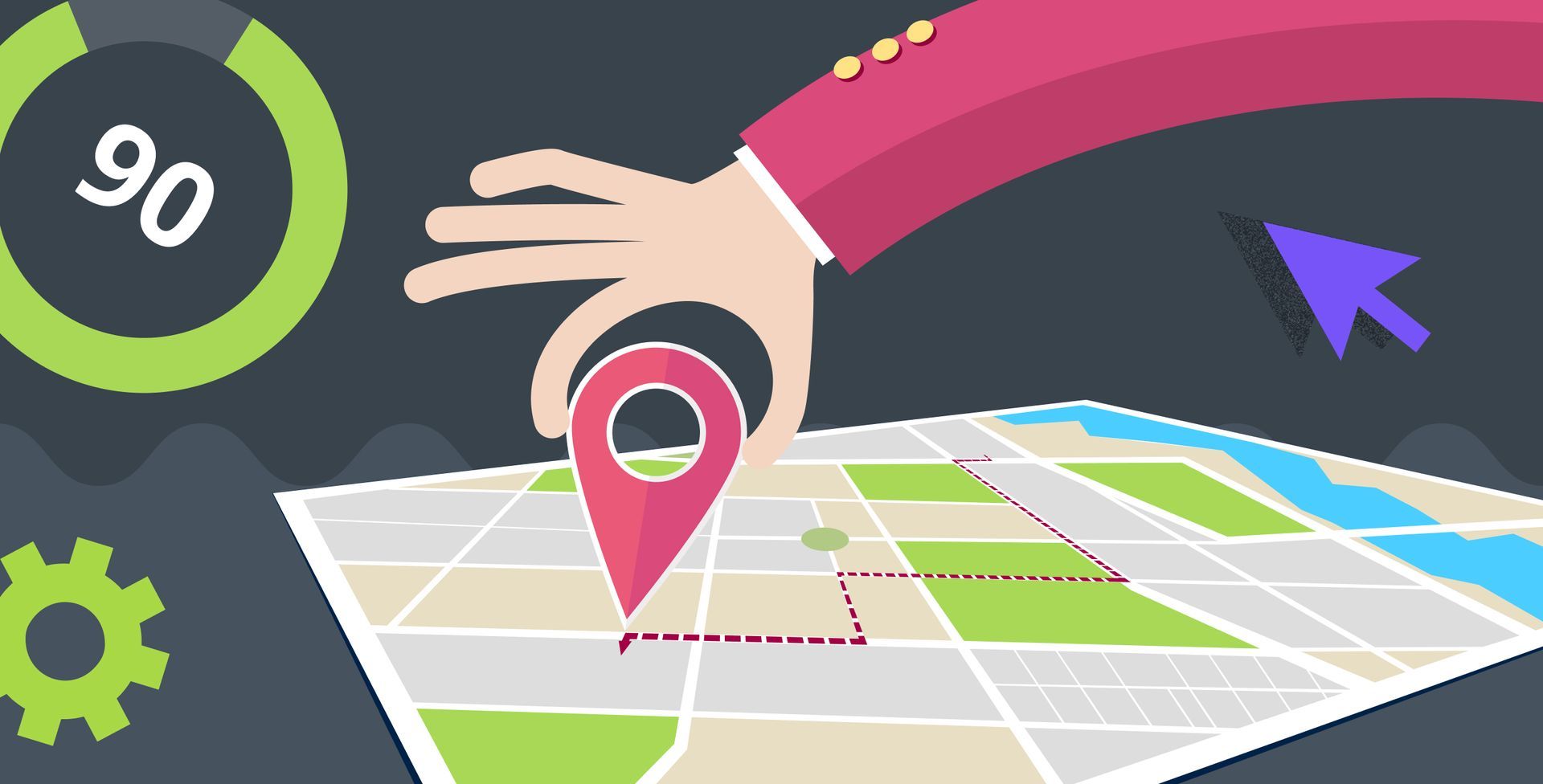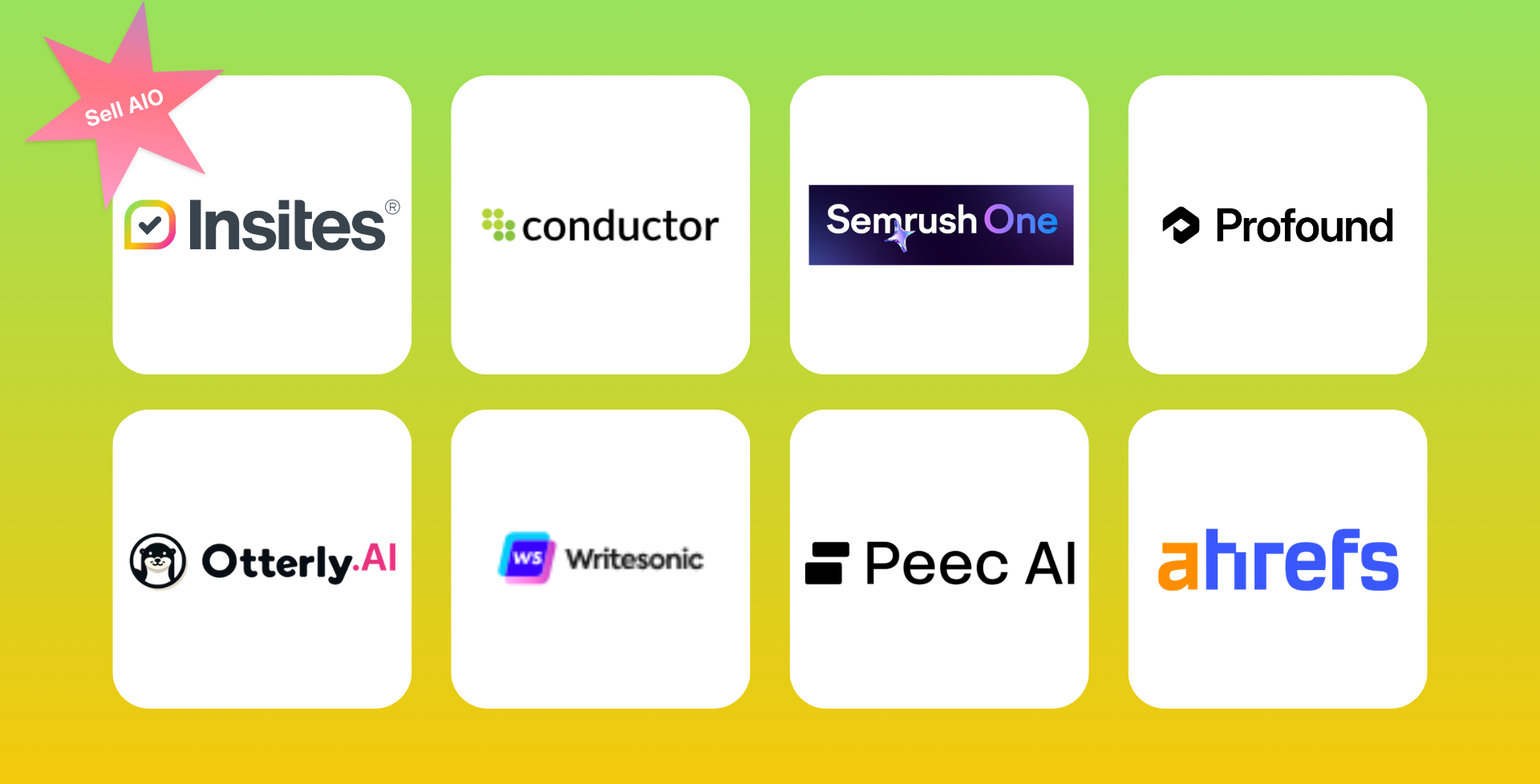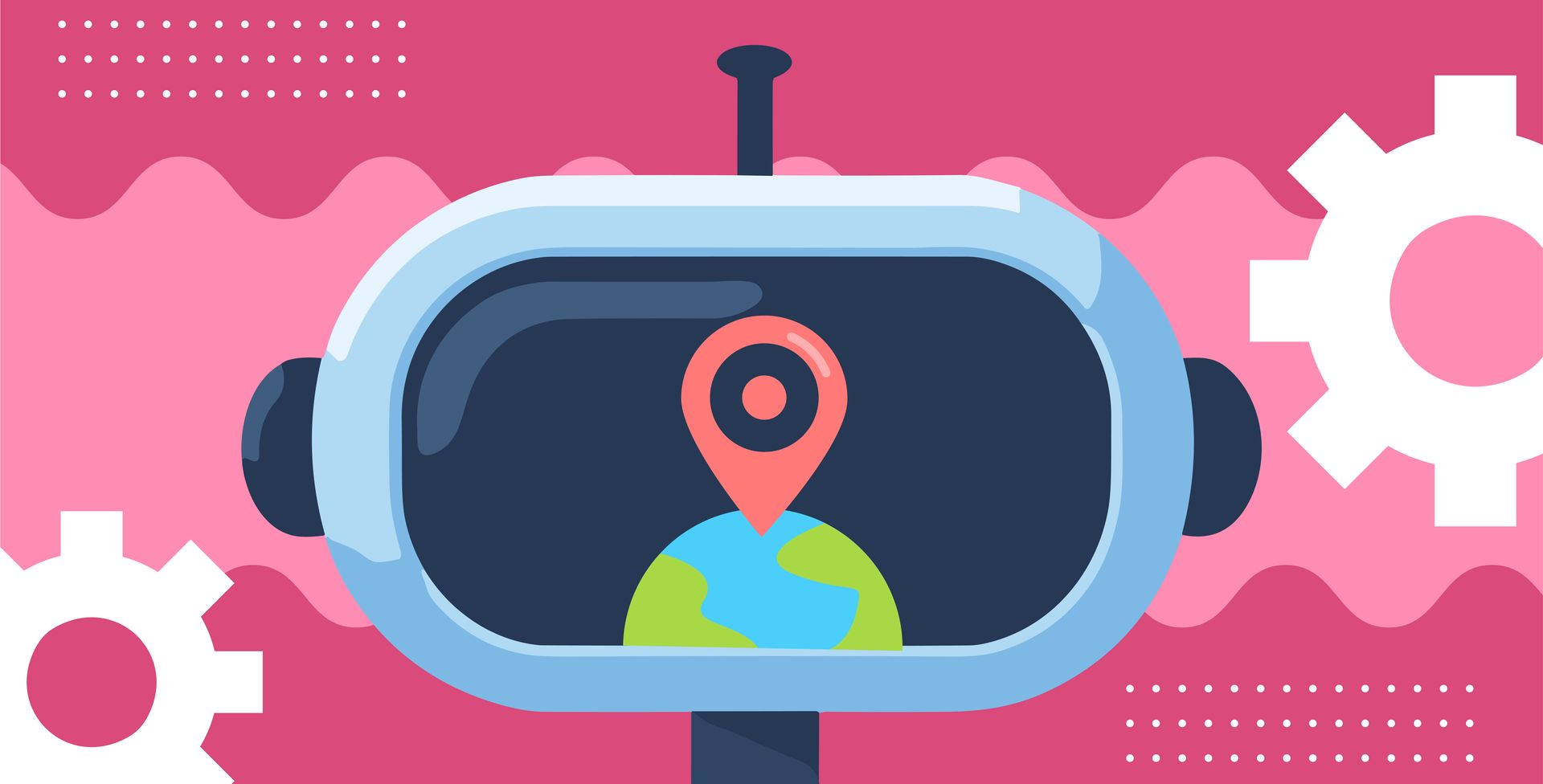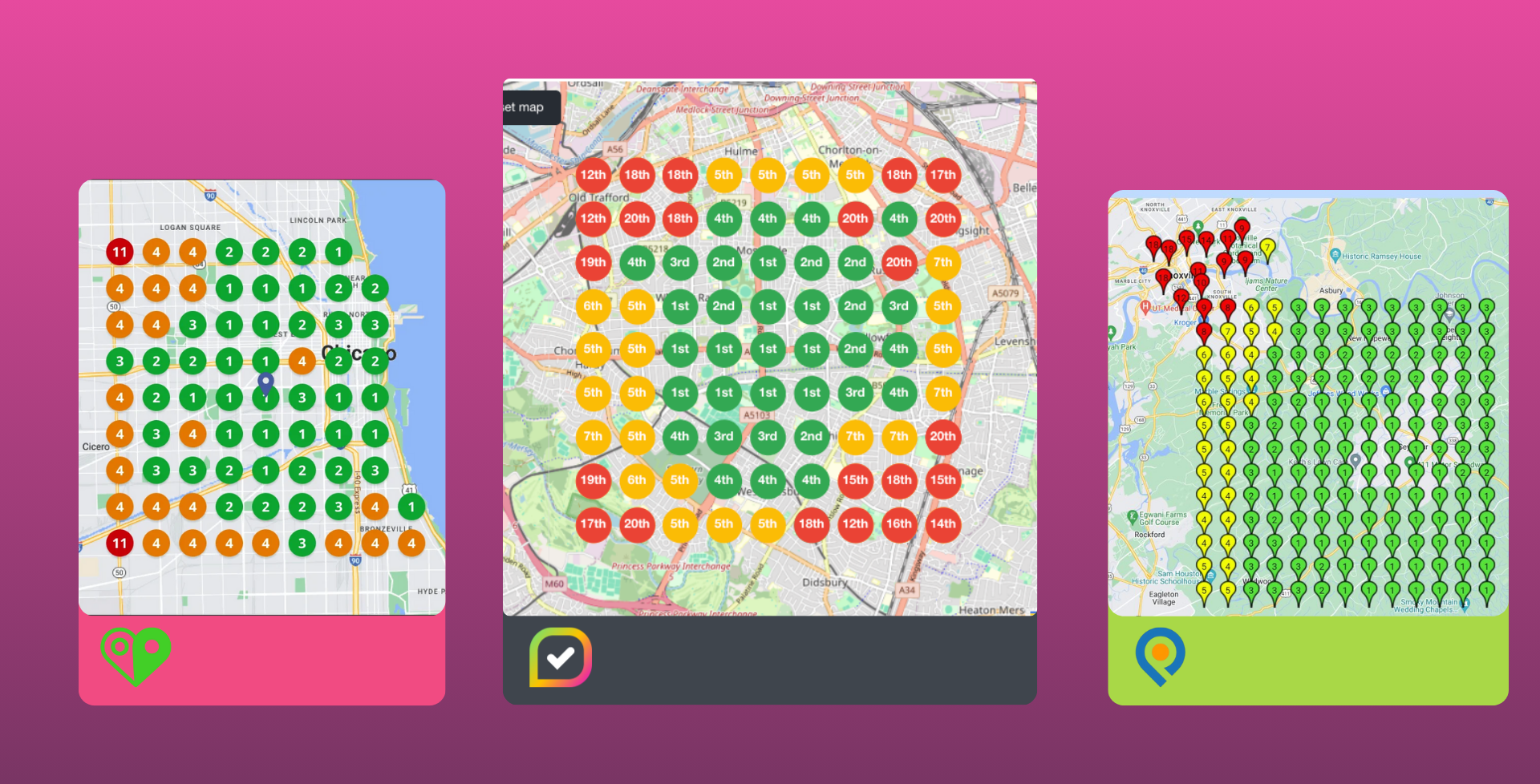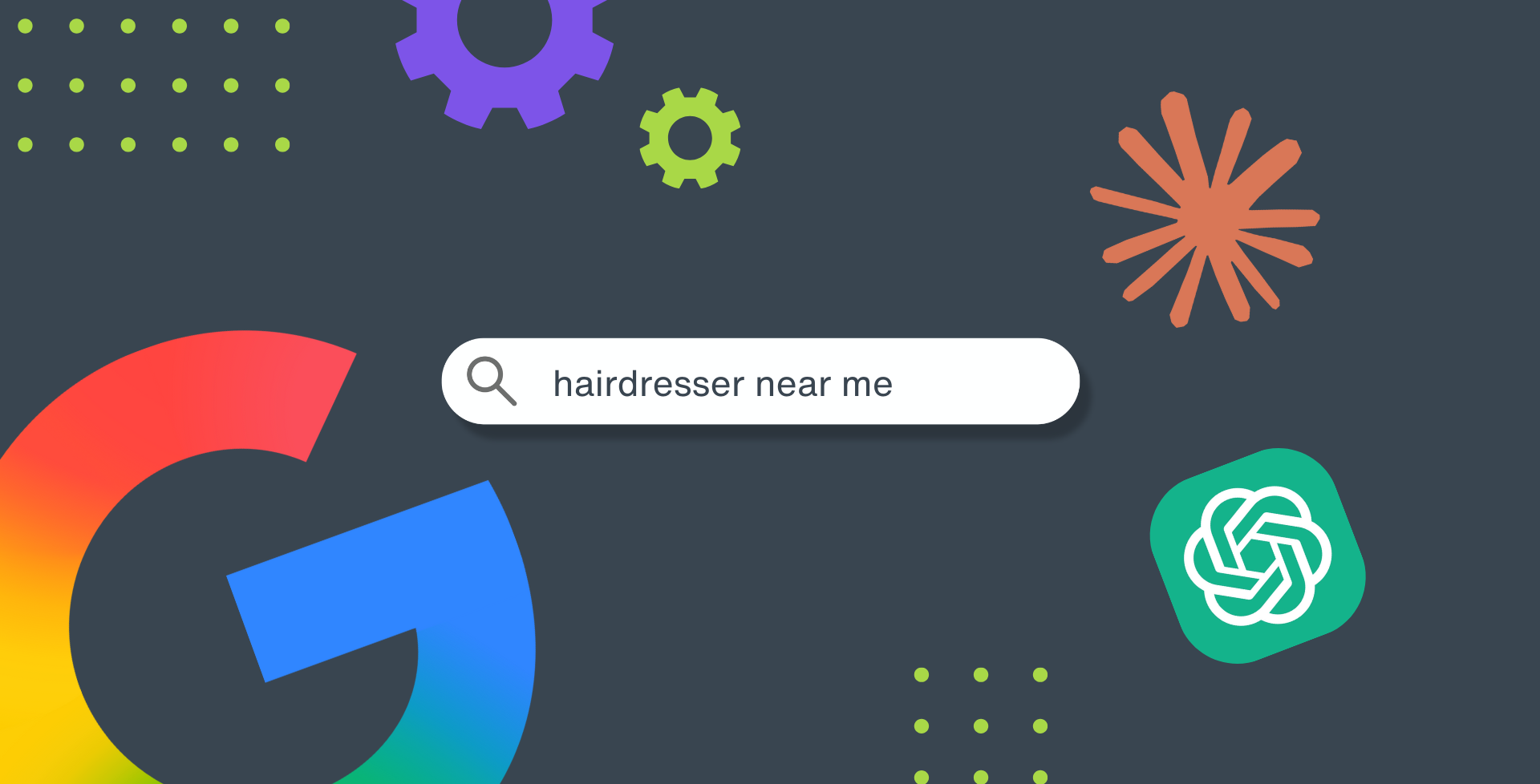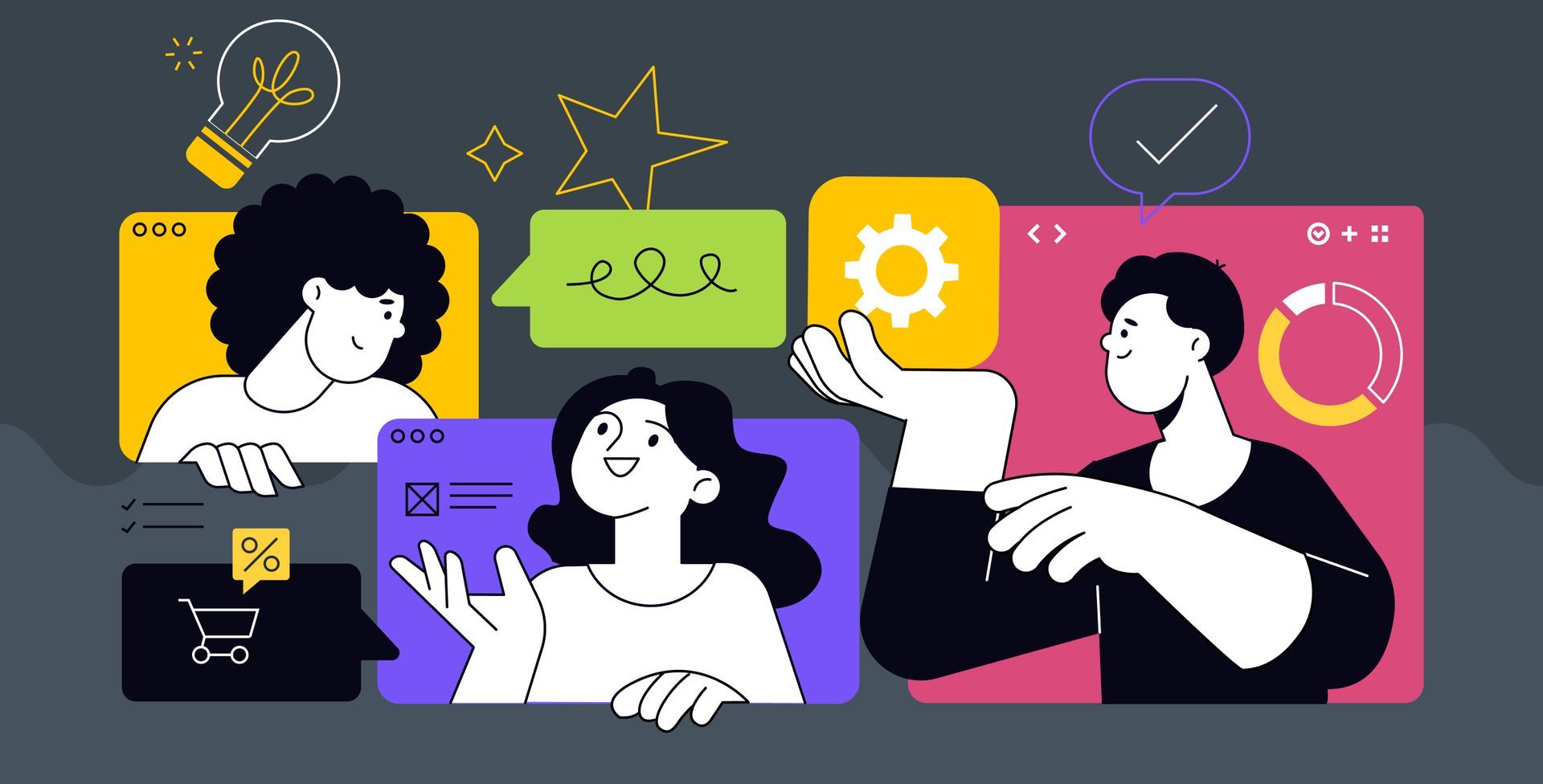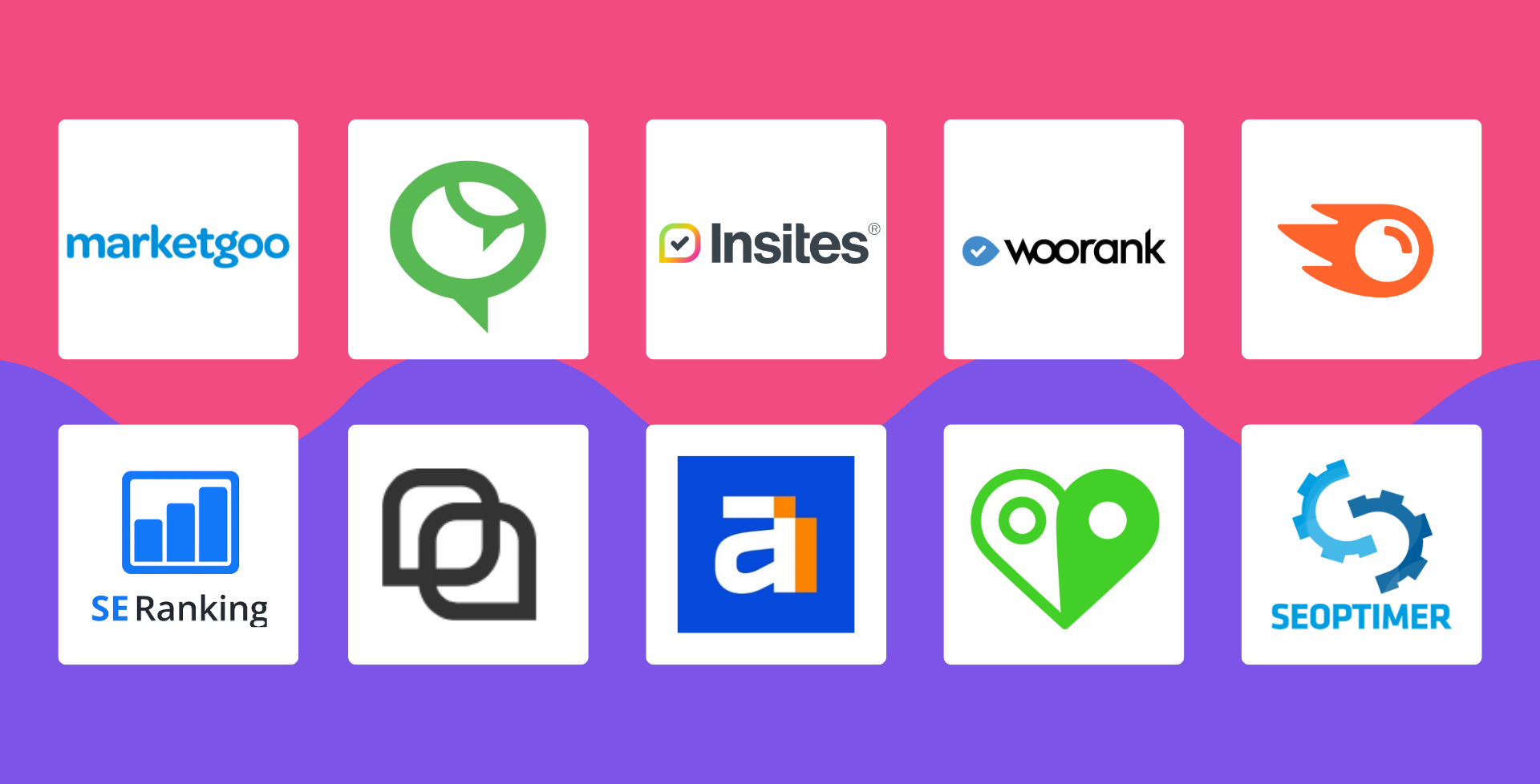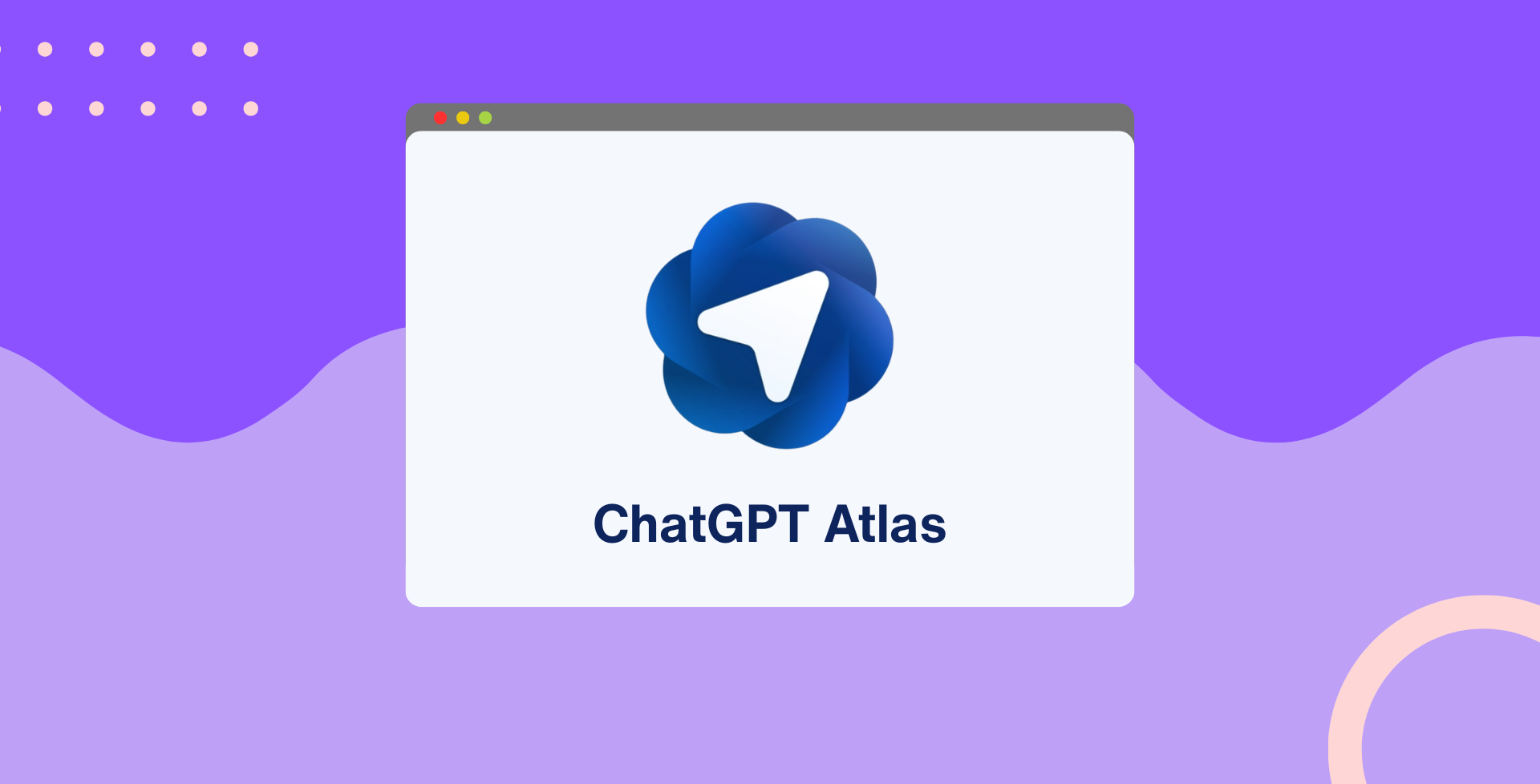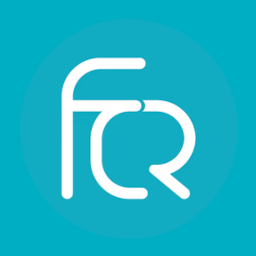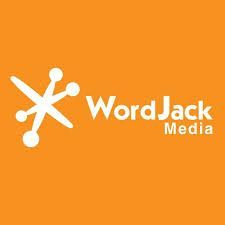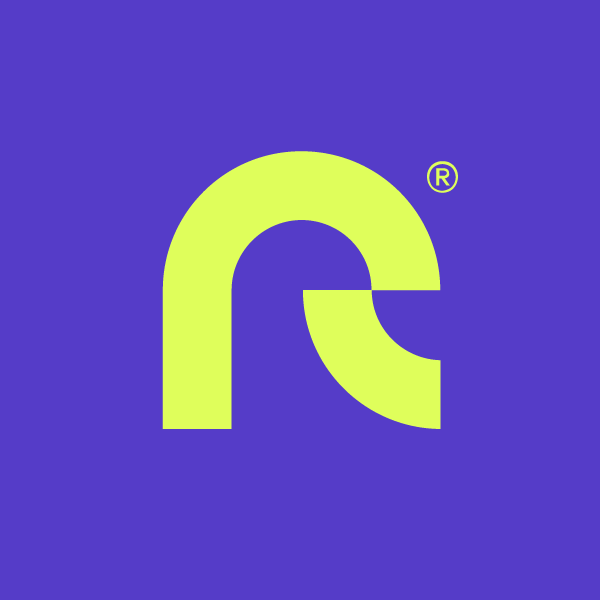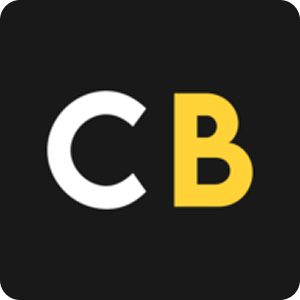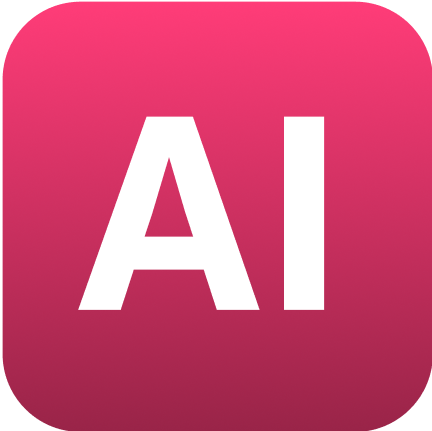Selling digital marketing to hospitality SMBs: Top 10 industry trends for 2025
Izzy Fletcher • March 11, 2025
Whilst hotels and restaurants still rely on word of mouth, third-party websites and SEO to drive bookings, their industry is being heavily affected by consumer changes and new search tools like AI overviews and social media.
For sales teams selling digital marketing solutions to small and medium-sized hospitality businesses, understanding the latest trends isn't just helpful - it's essential for closing deals and delivering value.
Based on industry insights from Chris Egan, Chief Product Officer at Cendyn, we've adapted the top digital marketing trends specifically for sales teams looking to better serve their hospitality clients. Here's how your team can translate these trends into actionable strategies that'll help your hospitality clients thrive.
1. AI-powered content creation
AI and machine learning have moved beyond novelty to become deeply embedded in successful digital marketing strategies, especially for content creation, hyper-personalisation, and predictive analytics. The good news is that AI is making it even easier for you to seal the deal with hospitality clients.
What this means for sales teams selling digital:
- Demonstrate how AI-powered audits can quickly identify gaps in your hospitality clients' digital presence. For example, an AI audit could show that the hotel doesn't appear in the "Local Pack" for key search terms like "boutique hotel Knightsbridge, London" despite being in the area
- Show how automated content recommendations can help small hotel owners maintain consistent messaging across all platforms. For example, how their season offers on the website could be turned into a social media campaign.
- Position your solutions as the bridge between complex AI technology and practical implementation for time-strapped hospitality decision-makers.
Selling tip: Run a quick audit using Insites before your sales call to show prospects exactly how AI can identify specific opportunities in their digital presence—from website performance issues to missing local SEO elements that direct potential guests to competitors.
2. Mobile optimisation
With over 63% of website traffic coming from mobile devices, mobile optimisation remains critical.
What this means for sales teams selling digital:
- Prioritise mobile performance metrics when auditing hospitality websites.
- Highlight how poor mobile experiences (like loading speed) directly impact booking conversions for hotels and restaurants.
Selling tip: Use your audit tools to show hospitality clients their current mobile experience scores alongside competitors. Nothing motivates action like seeing a direct competitor outperforming them on mobile usability.
3. Social media as a digital storefront
The average daily time spent using social media is 2 hours and 20 minutes and it’s become the primary discovery channel for hospitality businesses. Plus, platforms like Facebook, Instagram and TikTok are being used as search engines for recommendations are continuing to gain popularity, especially with younger audiences.
What this means for sales teams selling digital:
- Help hospitality clients understand which social platforms their specific target audience uses most.
- For those selling digital ads, the hospitality industry presents a huge opportunity to leverage paid campaigns or build an organic strategy to boost visibility and attract customers.
- Show how a consistent organic strategy across platforms creates engagement and "familiarity" that drives bookings.
Selling tip: Use the competitor analysis tool to compare your prospect's social presence against successful competitors in their specific market segment. This concrete comparison is far more compelling than generic best practices and will drive urgency.
4. Storytelling through short-form content
Platforms like Instagram Reels, TikTok, and YouTube Shorts dominate engagement, especially when they include direct booking links.
What this means for sales teams selling digital:
- Showcase how short-form videos can highlight unique property features and experiences.
- Explain how these interactive formats drive higher engagement than traditional content.
- Position your social media management services as the solution to the "I don't have time to create videos" objection.
Selling tip: Create a simple before/after case study showing how a similar hospitality client improved engagement metrics after implementing a structured short-form content strategy.
5. Seamless, personalised booking journeys
Consumer expectations for personalised experiences continue to rise, with website and mobile functionality taking centre stage in driving direct bookings.
What this means for sales teams selling digital:
- Focus on conversion path analysis when auditing hospitality websites. Sales reps should be looking at if the CTA button is clear, if there are minimal steps to go though with the booking, do they offer easier payment options like ApplePay.
- Highlight how confusing booking processes can create a high bounce rate, and directly impact revenue.
- Show examples of how simplified, personalised booking interfaces have increased conversion rates with similar past clients.
Selling tip: During sales presentations, walk through the current booking process on your prospect's website, identifying friction points that cause potential guests to abandon bookings. This real-time analysis creates powerful "aha" moments.
6. The continued dominance of reviews
Did you know, 59% of consumers are spending more time reading local business reviews than they did five years ago? This helps potential customers trust companies with higher review volumes and review management.
What this means for sales teams selling digital:
- Include review presence and sentiment in your digital audits.
- Show how competitors with stronger review strategies are winning bookings.
- Position your solutions as tools to not just collect reviews but leverage them for improved visibility.
Selling tip: In your sales deck, include a comparison of review metrics between your prospect and their top competitors. Few things motivate hospitality clients more than seeing competitors with better review profiles.
7. Data-driven personalisation
Leveraging CRM data integrated with digital marketing platforms is essential for creating truly personalised experiences that drive direct bookings.
What this means for sales teams selling digital:
- Help hospitality clients understand how data silos prevent effective personalisation using daily real-life scenarios - Create a simple diagram showing how a guest's shellfish allergy noted during booking never reaches the restaurant system, resulting in an awkward dining experience that could have been easily avoided.
- Show how integrated data approaches improve marketing ROI - Calculate the revenue impact of targeted emails (e.g., "Guests who received personalised room upgrade offers based on past preferences converted 34% more often than those who received generic promotions").
- Demonstrate a "before and after" workflow that shows how your platform connects the booking engine, PMS, and marketing automation tools to create a unified guest profile accessible at all touch points.
Selling tip: Ask prospects about their current approach to guest data management. Most will admit to challenges which creates the perfect opening to demonstrate how your solutions create a more cohesive data strategy.
8. Google performance max for travel
Smart digital marketers are capitalising on Google's machine learning to increase visibility across all Google platforms, resulting in better conversion rates.
What this means for sales teams selling digital:
- Educate hospitality clients on how Performance Max campaigns and target keywords specifically impact travel businesses.
- Position your team as experts who can navigate Google's increasingly complex advertising ecosystem.
9. Hyper-localised marketing
Staying informed about local events and attractions and leveraging them in marketing efforts boosts engagement, positions the business as community-focused focused and drives bookings.
What this means for sales teams selling digital:
- Include local search visibility in your digital audits and use the Local Grid feature in Insites to show exactly how the prospect ranks for local searches compared to competitors - this tangible evidence of local visibility gaps often creates immediate action.
- Show real examples of how a competitor is capitalising on local events and attractions.
10. Non-repetitive content
With 66% of consumers wanting fewer marketing messages and 62% citing relevancy as the key factor in engagement, content balance is critical.
What this means for sales teams selling digital:
- Help hospitality clients understand how content fatigue impacts booking decisions and how to find a well-balanced marketing mix that is more effective and less intrusive.
Selling Tip: Ask prospects how they currently plan their content calendar. Most small hospitality businesses will admit to a reactive approach, creating the perfect opportunity to showcase how your solutions create more strategic content planning.
Putting it into action for your hospitality clients
For large sales teams selling digital marketing solutions to hospitality SMBs, success requires more than just understanding these trends, it requires translating them into actionable sales strategies:
- Run targeted audits before sales calls to identify specific opportunities in each prospect's digital presence
- Create industry-specific benchmarks that show hospitality clients how they compare to successful competitors
- Develop hospitality-specific case studies that demonstrate clear ROI from implemented solutions
- Use AI and train your sales team on hospitality-specific pain points so they can speak the language of hotel and restaurant owners
- Use data visualisation tools to make complex digital marketing concepts accessible to non-technical hospitality operators
By positioning your team as specialists who understand the unique challenges facing hospitality businesses in 2025, you'll not only close more deals—you'll create lasting partnerships that deliver real value in an increasingly competitive market.
Looking to equip your sales team with tools they need to serve hospitality clients? Book a demo today to see how our platform can help your team convert more leads into lasting client relationships.

